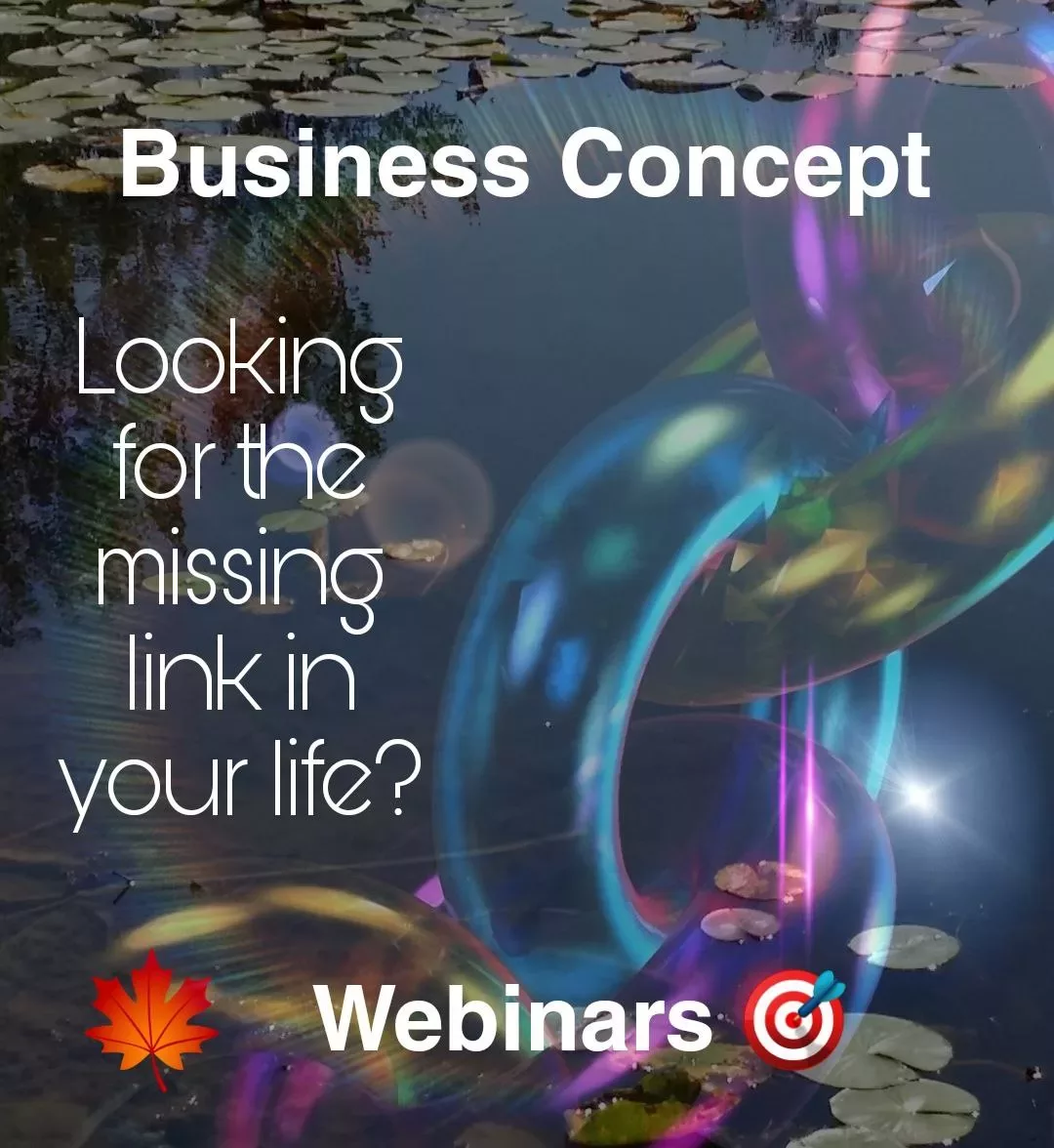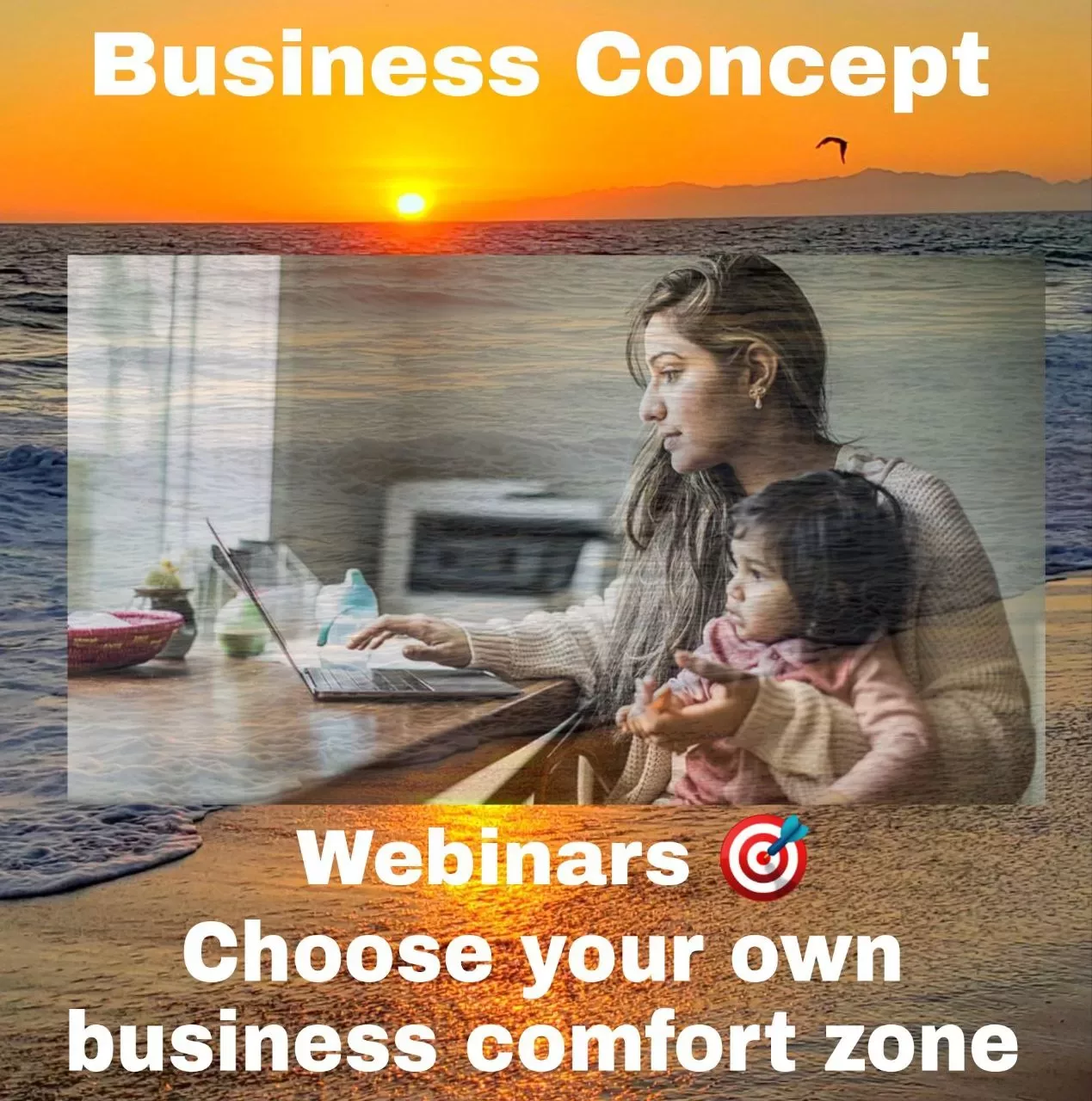Playlist
14 Videos
Play Video
Table of Contents
What Is A Business Concept?
A business concept is a basic idea or strategy that a company uses to create and deliver products or services to its target market. It describes the core principles and objectives of the business, including its mission, vision, values, and goals.
A business concept typically includes several key components, such as the business model, target market, value proposition, competitive advantage, revenue streams, and cost structure. These elements help to define the overall strategy and approach of the business, and guide its decision-making processes.
Developing a strong business concept is essential for success in today’s competitive marketplace. It requires careful research, planning, and analysis to identify the needs and preferences of customers, as well as the opportunities and challenges of the industry and market. A well-crafted business concept can help a company to differentiate itself from its competitors, build brand recognition and loyalty, and achieve long-term profitability and growth.
what is the difference between a job position and an owned business?
A job position refers to a role within an organization where an individual is hired by a company or employer to perform specific duties and responsibilities for a specified salary or wage.
On the other hand, owning a business means having full control and ownership over a company, with the responsibility for all aspects of the business, including finances, operations, marketing, and growth. The income generated by the business is typically not limited to a salary but rather depends on the overall success and profitability of the business.
In summary, the key difference between a job position and owning a business is that in a job position, an individual is an employee working for someone else, while in a business, an individual is the owner and has complete control over the direction and success of the company.
Review our online business concepts and sign up for a free webinar.
what is essential for having your own business?
Having your own business requires a combination of skills, resources, and attributes, including:
– Passion and Drive: Starting and running a successful business requires a strong work ethic, determination, and a genuine passion for the industry or product you are offering.
– Business acumen: A good understanding of business operations, finance, marketing, and management is essential for running a successful business.
– Strategic planning: Creating a solid business plan that outlines your goals, target market, competitive analysis, and growth strategy is critical for success.
– Financial Management: Having the ability to manage finances effectively, including securing funding, budgeting, and forecasting, is crucial for maintaining financial stability and growth.
– Networking: Building a strong network of contacts, including suppliers, customers, mentors, and industry professionals, can help you overcome challenges and achieve success.
– Adaptability: The ability to adapt to changing market conditions and customer needs is essential for staying ahead in a competitive business environment.
– Marketing and Sales Skills: The ability to effectively market and sell your products or services is crucial for attracting and retaining customers.
Having these skills and attributes, along with a clear vision and a willingness to take calculated risks, can help set you up for success as a business owner.

what is essential for having your own online business?
Having an online business requires a specific set of skills and resources, including:
– Strong Website and E-commerce Platform: A professional, user-friendly website and a reliable e-commerce platform are essential for conducting business online.
– Digital Marketing Skills: Understanding how to reach and engage with your target audience through digital marketing channels such as search engine optimization (SEO), social media marketing, email marketing, and paid advertising is crucial for success.
– Customer Service and Support: Providing exceptional customer service and support is critical for building customer loyalty and fostering positive relationships with your customers.
– Data Analytics: The ability to collect, analyze, and interpret data about your customers and business can help you make informed decisions and improve your operations.
– Cybersecurity: Ensuring the security of customer data and financial information is crucial for maintaining trust and avoiding potential legal and reputational risks.
– Scalability: Your business should be scalable, meaning that it can grow and accommodate increased demand as your customer base expands.
– Flexibility and Adaptability: The ability to quickly adapt to changes in technology, customer preferences, and market conditions is essential in the fast-paced world of online business.
By focusing on these key factors, you can lay the foundation for a successful and sustainable online business.
Business Model Framework
A business model framework is a structured approach to analyzing and designing a business model. It provides a systematic way to understand how a business creates, delivers, and captures value. Several frameworks have been developed to help entrepreneurs, strategists, and analysts think critically about different aspects of a business model. Here’s a commonly used business model framework:
– Value Proposition: This is at the core of any business model. It defines the product or service you offer and the problem it solves or the value it provides to customers. Key questions to consider:
* What customer needs or problems are you addressing?
* What unique value do you provide to your customers?
* What are the features and benefits of your product or service?
– Customer Segments: Identify the specific groups of customers or market segments that your business is targeting. This helps you understand who your customers are and tailor your value proposition to their needs.
* Who are your target customers?
* What are their demographics, preferences, and behaviors?
* Are there different customer segments with distinct needs?
– Channels: Determine how you will reach and interact with your customers. This includes distribution channels, sales channels, marketing channels, and customer support.
* How will you reach your target customers (e.g., online, offline, through partners)?
* What marketing and sales channels will you use to promote your product or service?
* How will you provide customer support?
– Customer Relationships: Describe the type of relationships you aim to establish and maintain with your customers. Consider whether it’s more transactional or focused on building long-term relationships.
* How will you acquire and retain customers?
* What customer support and engagement strategies will you employ?
– Revenue Streams: Define how your business will generate revenue. This includes pricing strategies, revenue sources, and payment methods.
* What is your pricing model (e.g., one-time sales, subscriptions, freemium)?
* How will you monetize your product or service?
* What are your primary revenue sources?
– Key Resources: Identify the critical assets, technology, infrastructure, and partnerships required to deliver your value proposition and operate your business successfully.
* What physical, intellectual, and human resources do you need?
* Are there key partnerships that are essential to your business model?
– Key Activities: Specify the core activities your business must perform to deliver value to customers and achieve its goals.
* What are the most important tasks and processes your business needs to carry out?
* What activities differentiate you from competitors?
– Key Partnerships: Describe the external organizations, suppliers, or partners that play a crucial role in your business model.
* Who are your strategic partners or suppliers?
* How do these partnerships enhance your business?
– Cost Structure: Identify all the costs and expenses associated with running your business. This includes both fixed and variable costs.
* What are your major cost drivers?
* How will you manage and optimize your cost structure?
– Competitive Advantage: Analyze how your business model creates a competitive advantage. Consider what sets your business apart from competitors and how sustainable your advantage is.
– Scalability: Assess how easily your business can grow and handle increased demand without significant changes to your business model or cost structure.
– Risk Analysis: Identify potential risks and challenges that your business model may face and develop strategies to mitigate them.
By using this business model framework, you can systematically evaluate and refine your business concept, helping you make informed decisions and adapt to changing market conditions. Additionally, it’s a valuable tool for communicating your business model to stakeholders, such as investors and team members.
What is a Marketing Business Concept?
The marketing business concept is an approach to marketing that focuses on meeting the needs of target customers while achieving the goals of the organization. It emphasizes building long-term relationships with customers and creating customer value by offering products and services that meet their needs.
The business marketing concept involves four key principles:
– Customer orientation: The business should focus on understanding the needs and preferences of its target customers and delivering products and services that satisfy them.
– Integrated marketing: The business should use a variety of marketing channels and tactics, such as advertising, sales promotion, public relations, and personal selling, to communicate its value proposition to customers and build brand awareness and loyalty.
– Profitability: The business should aim to generate long-term profitability by creating customer value, managing costs effectively, and achieving a sustainable competitive advantage.
– Societal responsibility: The business should consider the impact of its marketing activities on society and the environment, and strive to act ethically and responsibly.
By adopting the business marketing concept, companies can build strong relationships with customers, differentiate themselves from competitors, and achieve long-term success in the marketplace.
Social media marketing benefits
– Increased visibility: Social media provides a platform to reach and engage with a large audience, increasing brand visibility and awareness.
– Targeted advertising: Social media platforms offer advanced targeting options, allowing businesses to reach specific audiences based on demographics, interests, and behaviors.
– Cost-effective: Compared to traditional advertising methods, social media marketing is often more cost-effective and can provide a higher return on investment (ROI).
– Improved customer engagement: Social media provides a channel for businesses to interact with customers and build relationships, leading to increased customer loyalty and satisfaction.
– Measurable results: Social media platforms offer robust analytics and tracking tools, making it easy to measure the success of marketing campaigns and adjust strategies accordingly.
– Increased website traffic: Social media can drive traffic to a business’s website, increasing opportunities for sales and conversions.
– Greater brand authority: By sharing valuable and relevant content on social media, businesses can establish themselves as experts in their field and increase their credibility and authority.
– Better customer insights: Social media provides a wealth of data on customer preferences and behaviors, allowing businesses to make informed decisions and improve their marketing strategies
Review our online business concepts and sign up for a free webinar.

Related Posts
-
The New World
https://www.youtube.com/watch?v=0sGAtO7BI_w The new world Table of Contents The New World The world has changed. We…















